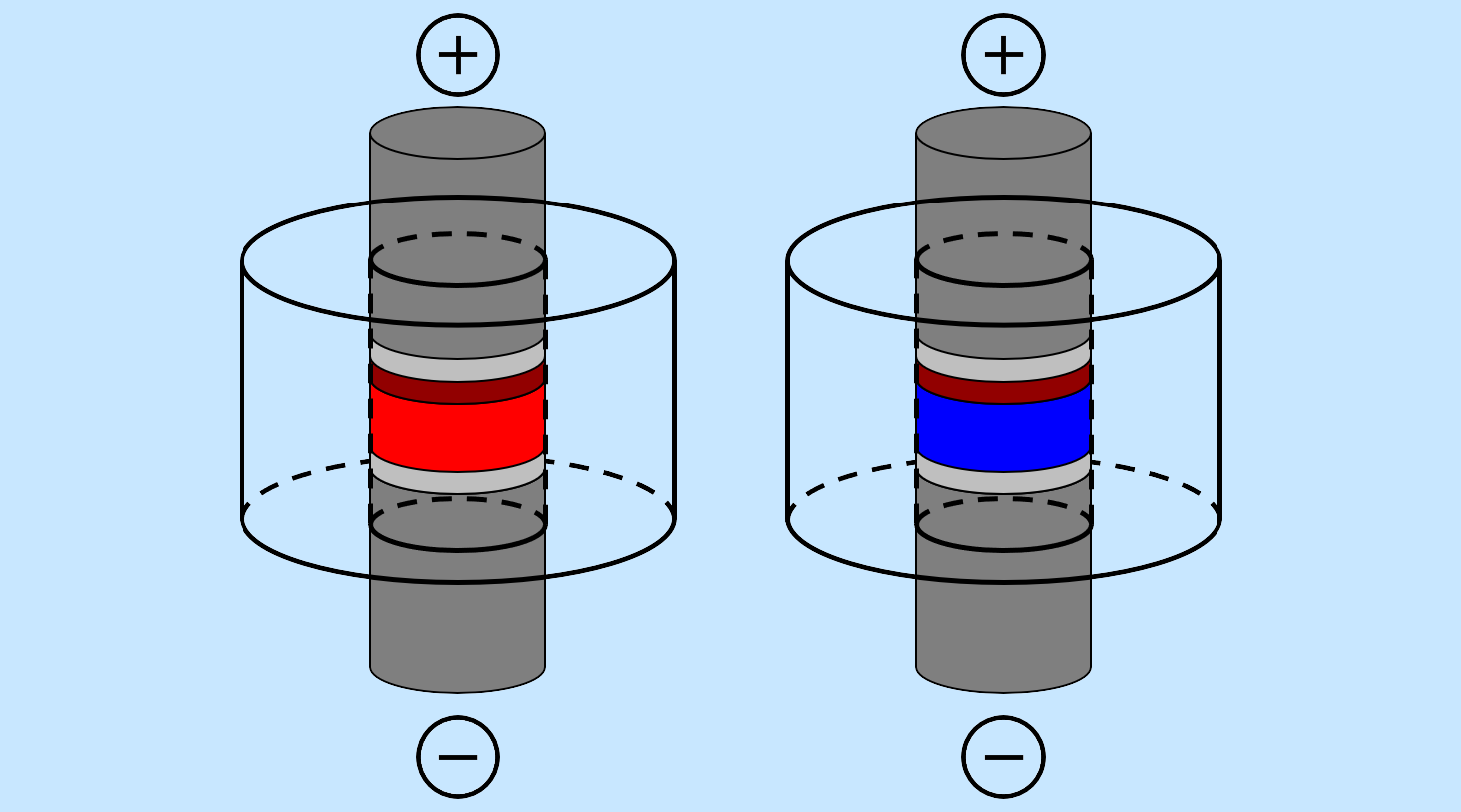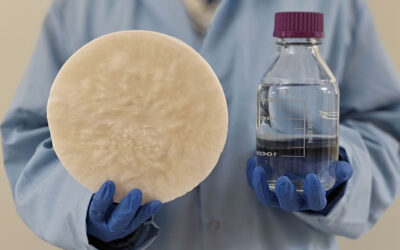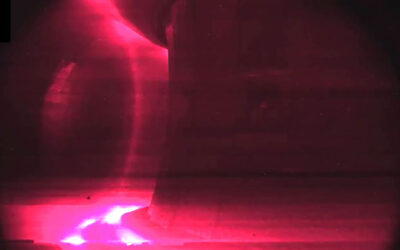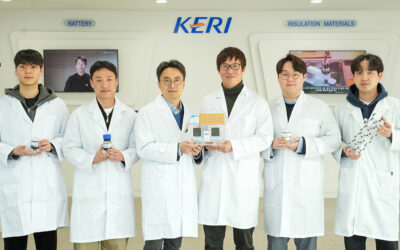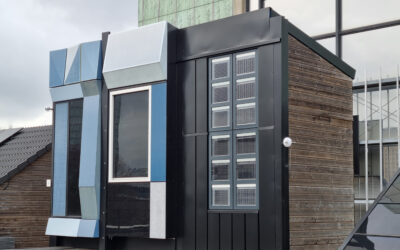All-solid-state batteries (ASSBs) based on inorganic solid halide electrolytes have the potential to overcome some of the setbacks associated with lithium-ion batteries.
In their paper in Advanced Materials, Dr. Tetsuya Asano and colleagues from the Technology Innovation Division of Panasonic Corporation investigate lithium-conducting halide materials as solid electrolytes (SEs) for ASSBs.
Two yttrium halide SEs (LYC and LYB) were mechanochemically synthesized and annealed to obtain highly crystalline materials. High lithium-ion conductivities were observed for both cold-pressed powders and heat-treated SEs, comparable to the best garnet-type oxide SE.
In the annealed samples, the chloride ions of LYC adopt a hexagonal close-packed arrangement, while the bromide ions of LYB adopt a cubic close-packed arrangement. In the latter case, the lithium-ion conducting paths are connected through tetrahedral interstitial sites in all three directions.
Two ASSB cells were assembled with LYC and mixed LYC/LYB cells, which showed higher coulombic efficiencies and discharge capacities than a sulfide SE reference cell.
To find out more about these solid electrolytes, please visit the Advanced Materials homepage.

